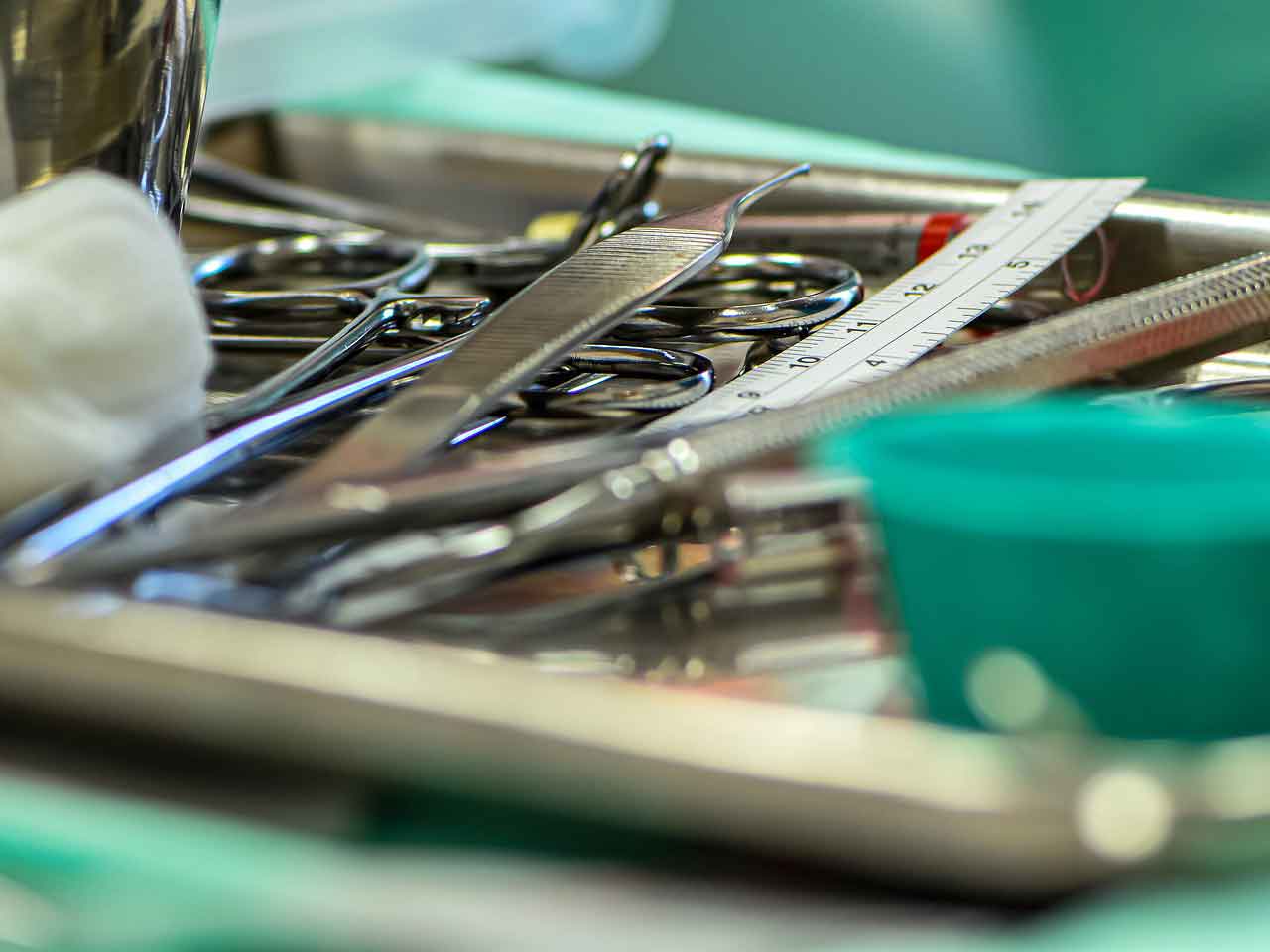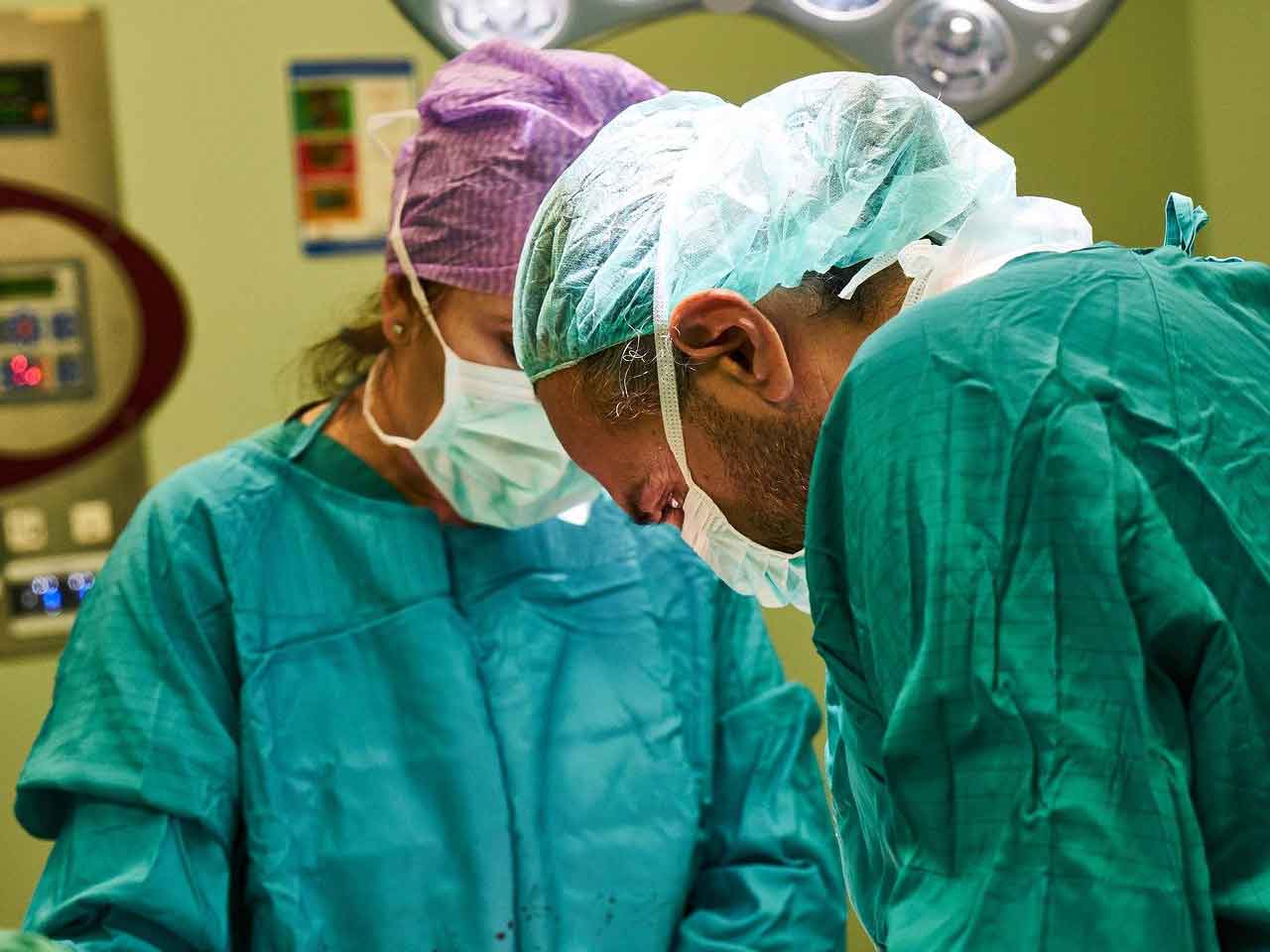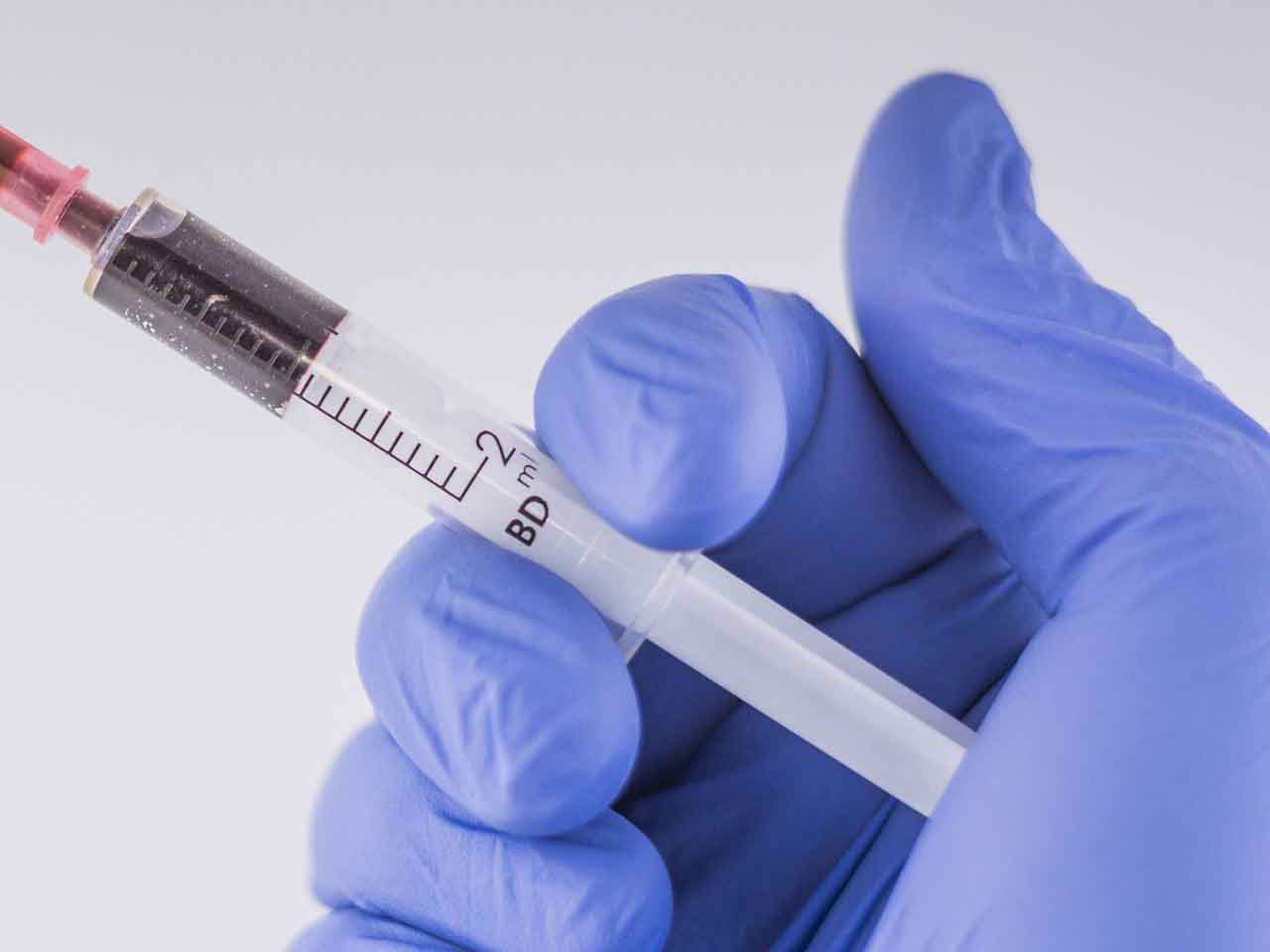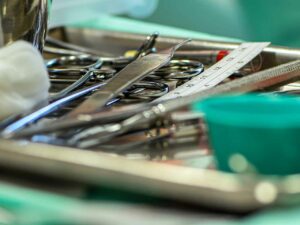
Cleaning in physiotherapy centres protects the most vulnerable
The physiotherapy patient, especially if vulnerable, has the right to feel safe in a healthy and protected environment.

The hygiene of the surgical unit is influenced by many aspects such as the ventilation system, the quality of the materials, the maintenance or the cleaning and disinfection procedures, which together contribute, to varying degrees, to producing, keeping in suspension or resuspending from surfaces in the ambient air, particulate matter of various nature and size.
Particulate matter that can be a vehicle for pathogenic micro-organisms that can contaminate the surrounding environment and those present in the surgical unit. Moreover, given that during surgery this particulate matter can cause high levels of contamination, it follows that it can be considered a risk factor that must be eliminated or contained within the lowest achievable values.
It must also be borne in mind that the areas most at risk of contamination and therefore of depositing particulate matter and micro-organisms are generally horizontal surfaces, and it is therefore towards these that washing and disinfection procedures must be carried out more frequently and maintenance performed periodically.
Cleaning activities in the operating room play a key role. For this reason, appropriate environmental hygiene protocols must be observed. Operations such as washing with detergent and disinfectant solutions and wet dusting are, for example, measures to prevent the airborne dispersion of contaminated particles.
In addition, in the environmental cleaning operations of an operating theatre, where both daily and periodic interventions are foreseen, precise techniques must be applied and acquired to ensure that the interventions are effective in guaranteeing the level of safety for the operator and the patient.


Cleaning activities in the operating room play a key role. For this reason, appropriate environmental hygiene protocols must be observed. Operations such as washing with detergent and disinfectant solutions and wet dusting are, for example, measures to prevent the airborne dispersion of contaminated particles.
In addition, in the environmental cleaning operations of an operating theatre, where both daily and periodic interventions are foreseen, precise techniques must be applied and acquired to ensure that the interventions are effective in guaranteeing the level of safety for the operator and the patient.

As stated in the guide drawn up by ANMDO, in hospital structures the operating block consists of various rooms, in which, depending on the intended use, different levels of hygiene must be guaranteed to guarantee the required level of safety.
The rooms are generally coded in different zones according to the degree of acceptability of the microbial load and the differential pressure of the environments:
On the whole, the operating block can be defined as an organised structure whose purpose is to provide highly specialised and invasive healthcare services.
Finally, the infections for which very effective prevention is possible are exogenous infections, i.e. caused by microorganisms transmitted to the patient during invasive procedures; consequently, surgical instruments and everything that penetrates the body or comes into contact with the patient's tissues or surfaces must be sterile.

The physiotherapy patient, especially if vulnerable, has the right to feel safe in a healthy and protected environment.

All surgeries, from general practitioners to specialists, are places with a fast turnover of patients, each with a different symptomology and potential risk of infection.

The role of cleanliness is essential to protect the health of the most frail residents and that of all the healthcare staff involved.

The importance of operating theatre hygiene in combating the spread of particulate matter, a vehicle for pathogenic micro-organisms.

The numbers and impact of bacterial infections in hospitals.
Sistem Air Pro is capable of responding to all professional and industrial sector requests